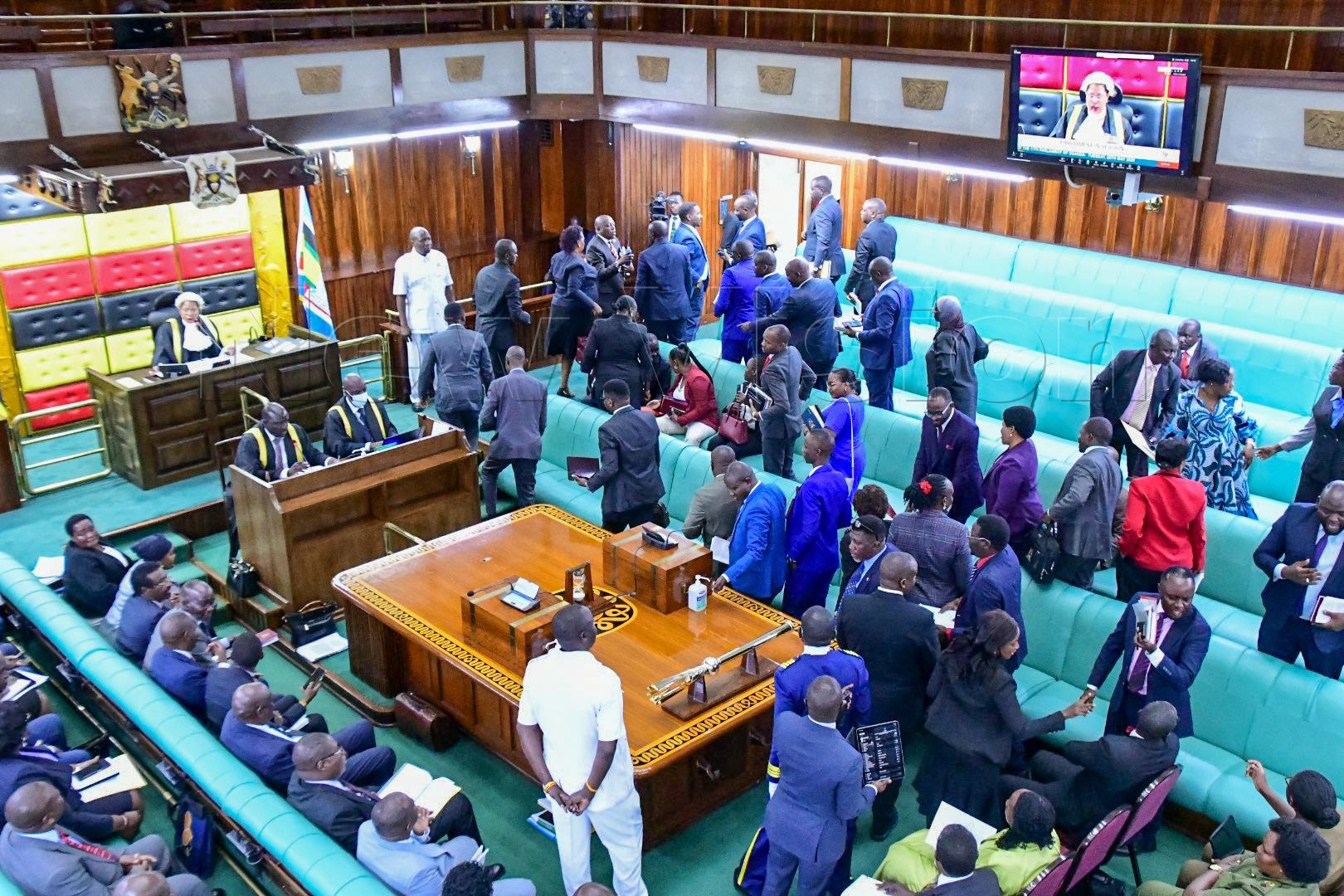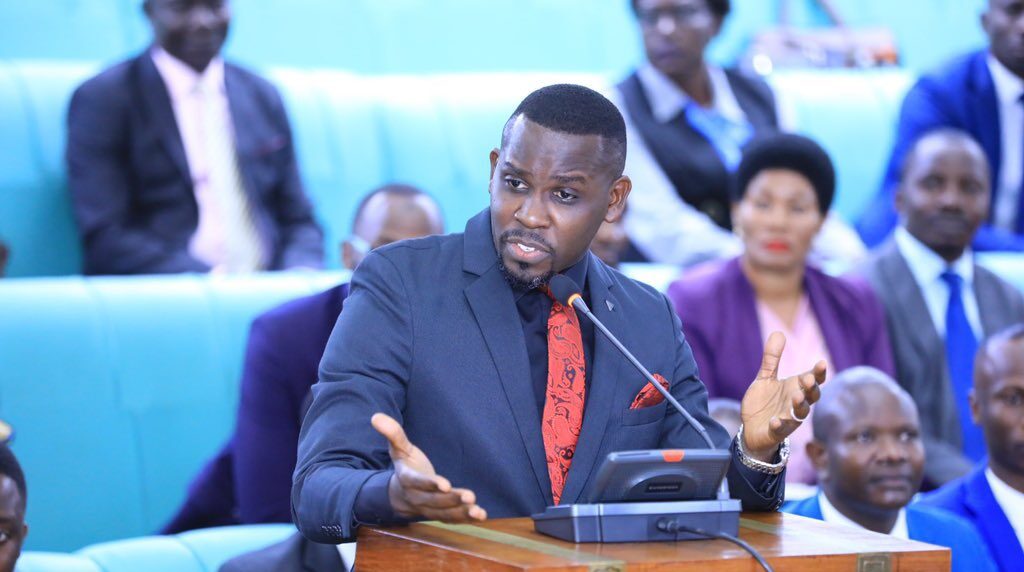Uganda’s Parliament witnessed a dramatic political showdown as opposition Members of Parliament (MPs) staged a walkout during the plenary session, protesting against what they described as the hasty and predetermined passage of the Uganda Peoples’ Defence Forces (UPDF) Amendment Bill 2025 and the Political Parties and Organisations Amendment Bill 2025. The move highlights growing tensions between the ruling National Resistance Movement (NRM) and opposition forces, raising serious concerns about the future of democratic governance and civil liberties in the country.

The Catalyst: A Bill Seen as Threatening Civil Rights
At the heart of the opposition’s protest is the UPDF Amendment Bill, which proposes to expand the military’s jurisdiction by allowing civilians to be tried in military courts under certain “exceptional circumstances.” This provision reverses a landmark 2018 Supreme Court ruling that declared such trials unconstitutional, asserting that civilians must be tried only in civilian courts to safeguard their rights. Opposition MPs argue that this bill effectively militarizes justice and endangers fundamental freedoms, potentially paving the way for abuses of power.
The Political Parties and Organisations Amendment Bill, which is also part of the controversy, is viewed by critics as a tool to restrict political dissent and limit the activities of opposition parties. Together, these bills are seen as part of a broader strategy by the ruling party to consolidate power and weaken democratic checks and balances.
The Walkout: A Protest Against Process and Substance
Opposition MPs initially attended the parliamentary session, signaling readiness to debate the bills. However, midway through proceedings, Leader of the Opposition Joel Ssenyonyi led a coordinated walkout, denouncing the process as a “sham” and accusing the ruling party of having already decided to pass the bills without genuine debate or public input. According to opposition sources, the NRM caucus had convened at State House Entebbe and agreed to push the UPDF Bill through “as is,” sidelining parliamentary scrutiny.
The opposition also criticized the government for rushing the bills through Parliament within a short timeframe, with inadequate consultation of stakeholders, including civil society and ordinary citizens. Some witnesses reported receiving invitations to parliamentary committee meetings on extremely short notice, undermining the possibility of meaningful engagement.
Government’s Stance and Parliamentary Proceedings
Despite the opposition’s boycott, Parliament proceeded with the debate and is expected to pass the bills in line with the legal timelines stipulated in parliamentary rules. The Speaker of Parliament, Anita Among, defended the accelerated process, emphasizing that the bills have been handled within the 45-day legal window for parliamentary consideration.
Government officials argue that the amendments are necessary to strengthen national security and improve the functioning of political parties. They maintain that the military’s role in certain civilian matters is justified under exceptional circumstances and that the bills do not undermine constitutional rights.
Implications for Uganda’s Democracy
The opposition’s dramatic walkout and vocal opposition to the UPDF Amendment Bill underscore deep divisions within Uganda’s political landscape. Many observers fear that the bill’s passage could mark a troubling shift towards authoritarianism by expanding military influence over civilian affairs and curtailing political freedoms.
Human rights advocates warn that allowing military courts to try civilians could lead to violations of due process, arbitrary detentions, and suppression of dissent. The bill also raises questions about the independence of the judiciary and the separation of powers, fundamental pillars of democratic governance.
What Lies Ahead?
The opposition has vowed to continue resisting the bills through all available channels, including legal challenges and mobilizing public opinion. Their boycott signals not only disapproval of the bills’ content but also frustration with the legislative process, which they say lacks transparency and inclusiveness.
As the bills move closer to becoming law, Uganda faces a critical juncture. The government’s approach to national security and political regulation will be closely scrutinized by citizens, civil society, and international partners concerned about democratic backsliding.
In conclusion, the opposition MPs’ boycott of Parliament over the UPDF and Political Parties bills is a powerful statement against what they view as an erosion of democratic norms. The unfolding political drama highlights urgent questions about governance, rights, and the future direction of Uganda’s democracy.

